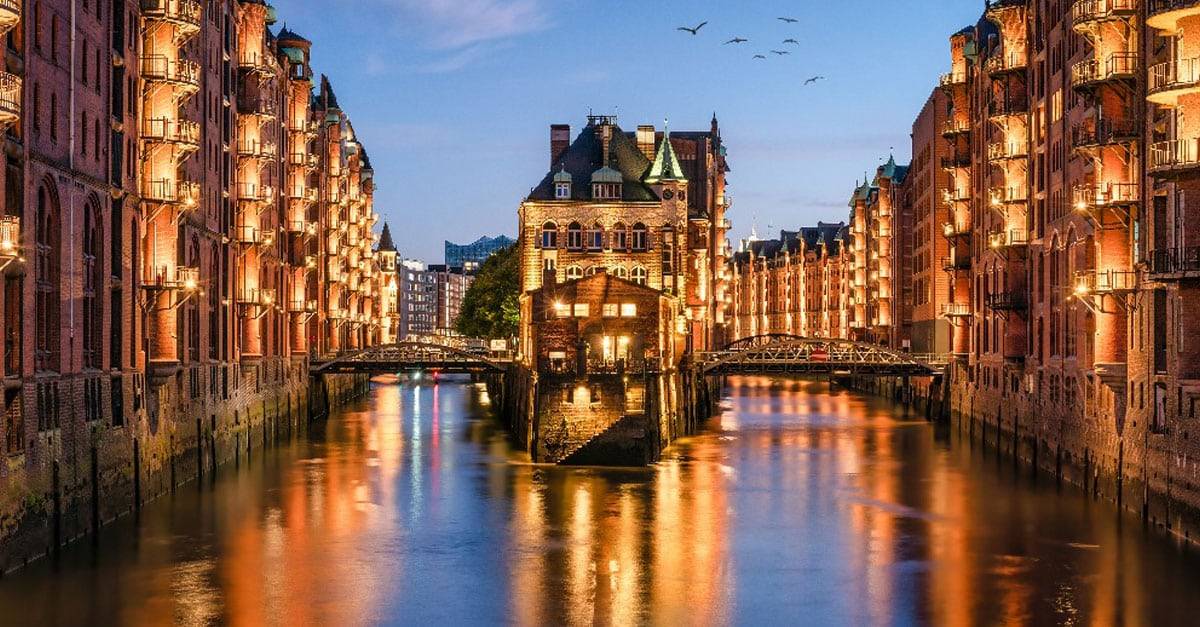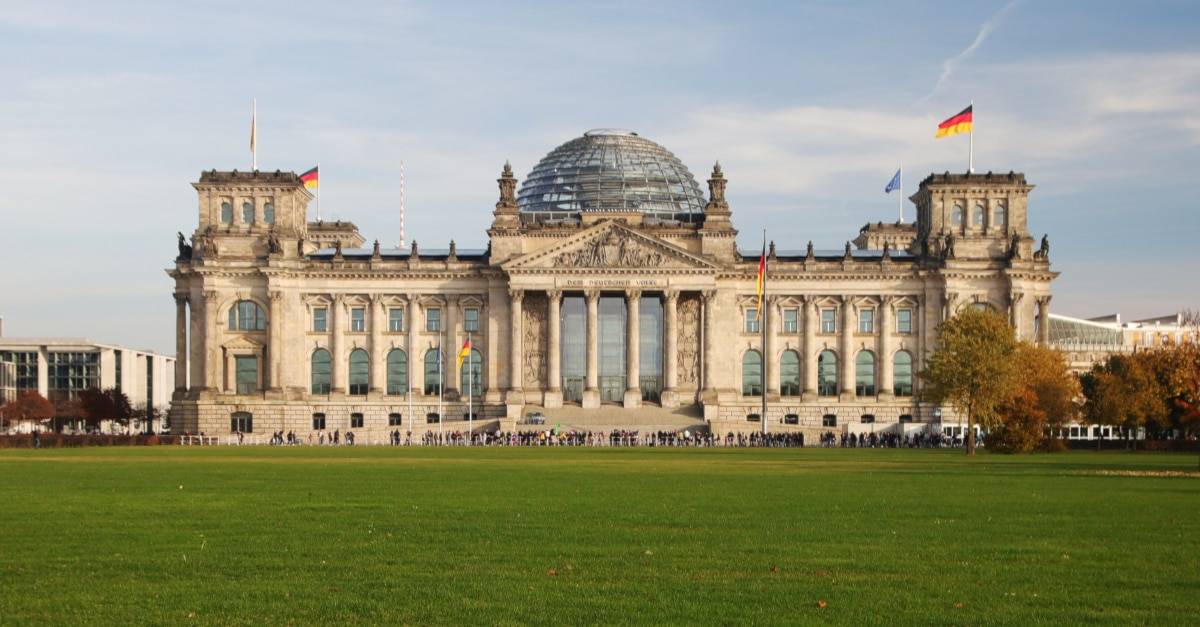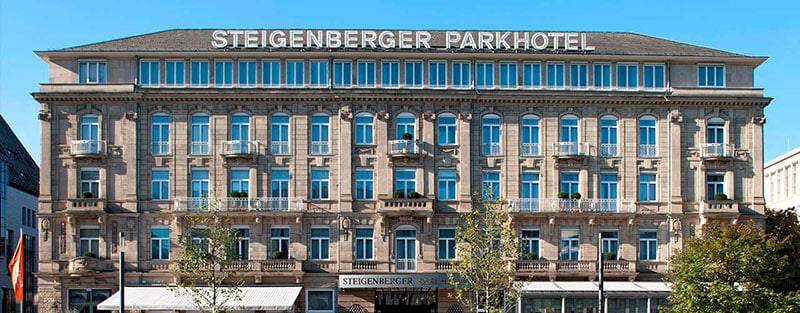
The Industrieclub Düsseldorf: A Legacy of Excellence
Founded in 1912, the Industrieclub Düsseldorf is the oldest and most elite business club in Germany. It has a rich history of hosting influential figures and fostering connections among its 1,200 members, including the heads of DAX-listed companies such as Eon, Henkel and Thyssen-Krupp. The club’s opulent headquarters, located in the heart of Düsseldorf, is a testament to its legacy. The Steigenberger Park-Hotel, also owned by the club, further solidifies its status in the city.
Membership in the Industrieclub Düsseldorf is highly desirable, with more applications for membership than seats available. The club’s exclusivity adds to its appeal, with an annual membership fee of 450 euros. Admission to the club is selective, requiring three long-time members to recommend and sponsor potential new members. Admission decisions are made by the board and require a unanimous vote. The club seeks individuals who not only excel in their professional fields but also embody the values of openness, tolerance, and responsibility.
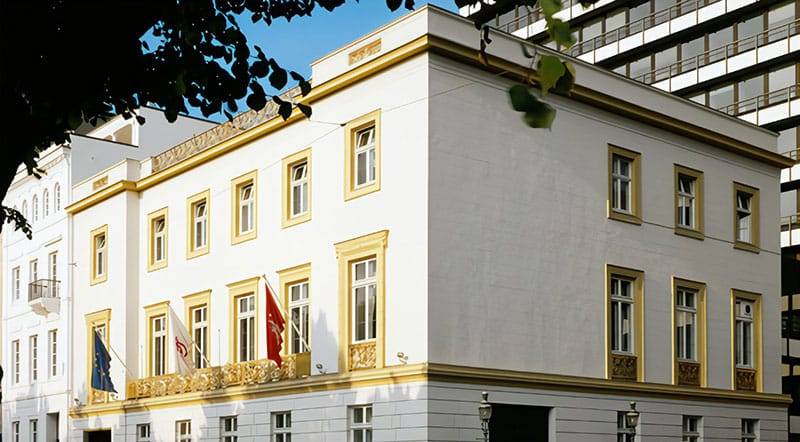
The Überseeclub Hamburg: A Hanseatic Gathering Place
Situated in a prime location on Jungfernstieg boulevard, the Überseeclub Hamburg is a grand establishment that exudes Hanseatic restraint. The historic club, located in the 19th century Amsinck House, offers its 2,300 members a discreet and prestigious environment in which to meet and engage in meaningful discussions. The club’s commitment to maintaining an intimate atmosphere is evident in its entrance, tucked away in a side street, and its strict dress code.
The Überseeclub Hamburg is known for its diverse range of events and lectures on a wide variety of intellectual and business topics. The club also serves as a place for confidential meetings, with its elegant salons and club rooms providing a discreet setting for business partners and clients.
Your Wealth, Our Priority: Altoo's Consolidation Power, Secure Document Management, and Seamless Stakeholder Sharing for High Net Worth Individuals. Preview Platform.
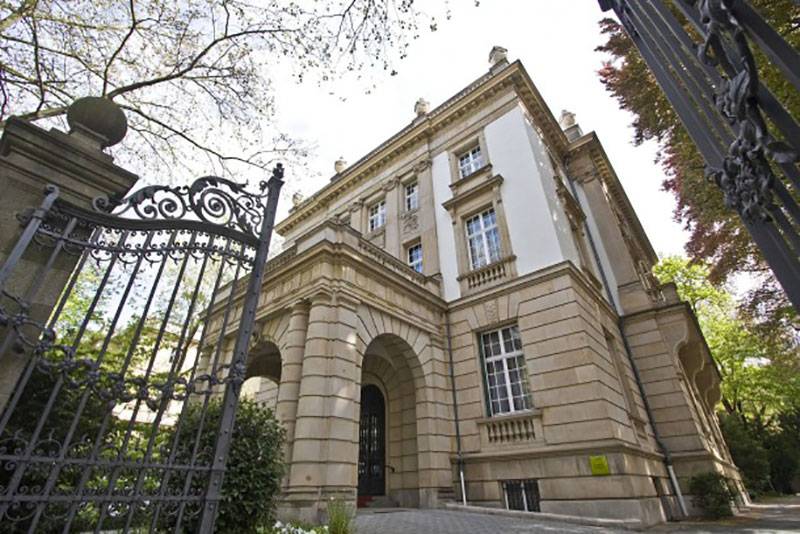
The Frankfurt Society: A Hub of Trade, Industry, and Science
Founded in 1919, the Frankfurt Society for Trade, Industry and Science has established itself as a secretive and exclusive club. With a limited membership of 600 individuals, the society prides itself on the elite status of its members. Notable members include Josef Ackermann, Friedrich von Metzler, and Petra Roth, the former mayor of Frankfurt. The society’s headquarters, Villa Bonn, epitomizes its upper-class status and serves as a venue for various events and lectures.
The Frankfurt Society’s focus extends beyond the financial industry, as evidenced by its diverse range of lectures. Topics such as responsible business conduct demonstrate the Society’s commitment to fostering intellectual discussion across various fields. Villa Bonn, with its grand halls and salons, can also be rented for private events, further solidifying its status as one of Frankfurt’s premier venues.
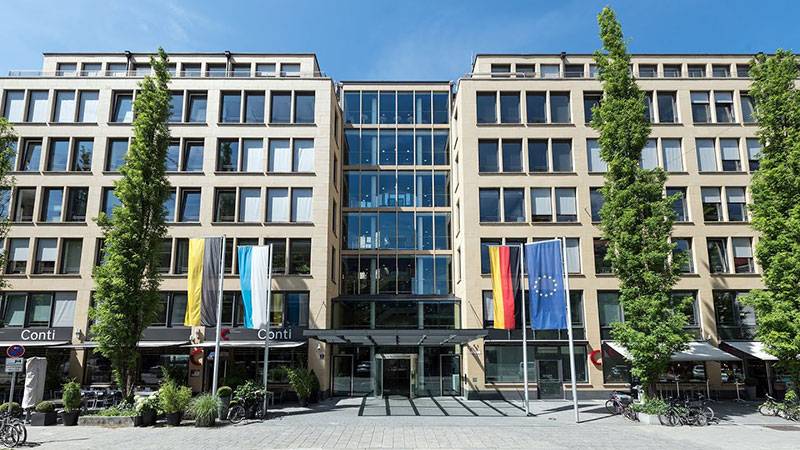
The Munich Gentlemen’s Club: A Tradition of Aristocracy
Unlike the other clubs, the Munich Gentlemen’s Club maintains a strict policy of excluding women from membership. Founded in 1851, the club has a strong aristocratic presence, with many members holding noble titles. While the club’s history was interrupted during World War II, it was re-established in 1973 and is currently housed in the Haus der Bayrischen Wirtschaft.
The Munich Gentlemen’s Club prides itself on being a “friendship club” that provides a space for carefree socialising and open discussion. Club events cover a wide range of topics, from German foreign policy to the traditions and innovations of the Bayreuth Festival. The emphasis on personal relationships and the absence of a strictly business environment sets the club apart from newer business clubs.
We think you might like
Germany’s current political and economic landscape reflects a nation navigating change and embracing challenge. Political stability, leadership transitions, resilience in the face of economic turbulence and a commitment to sustainability define Germany’s trajectory. Germany’s economic power is a formidable force on the global stage, although its scale must be measured against other major world leaders […]



